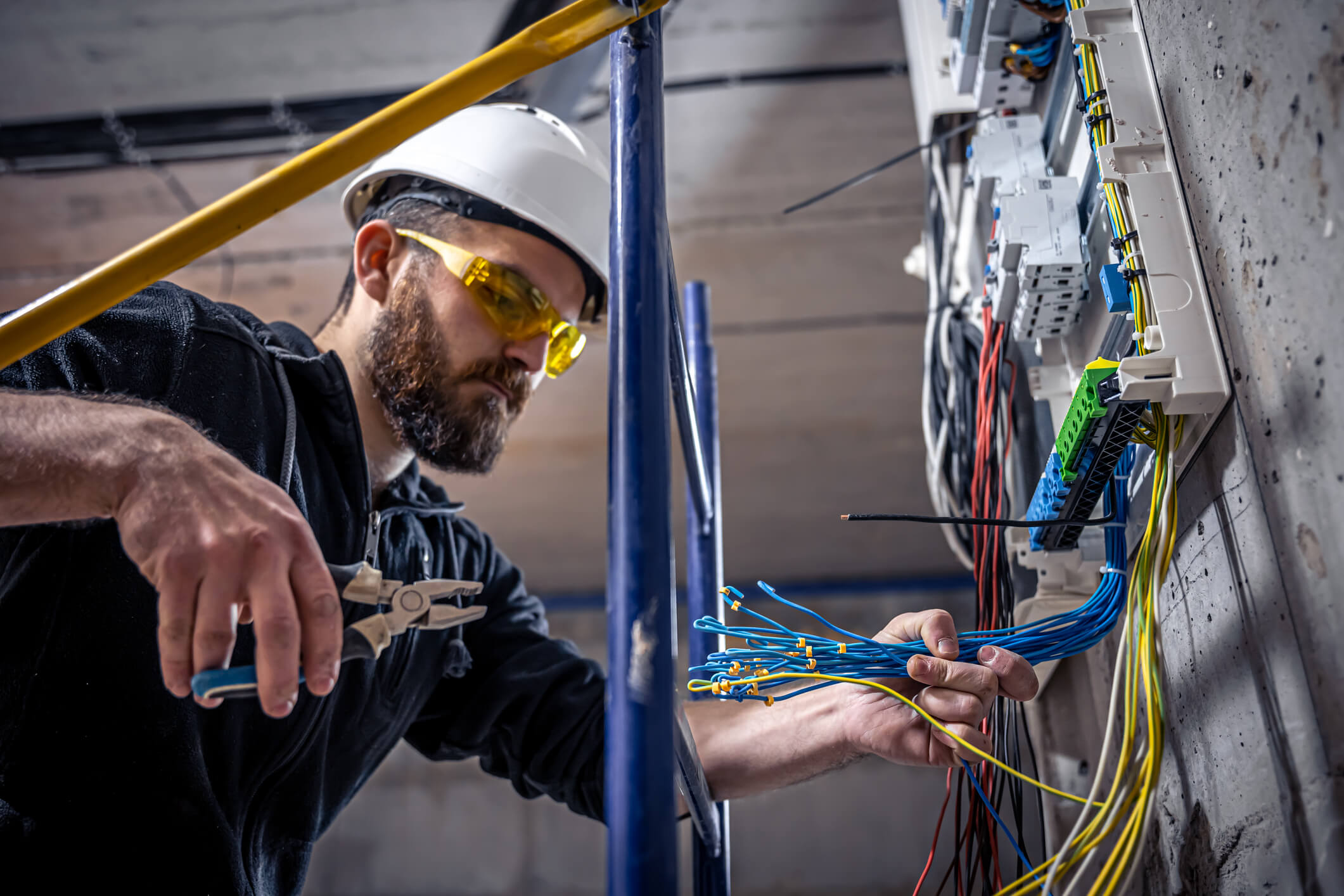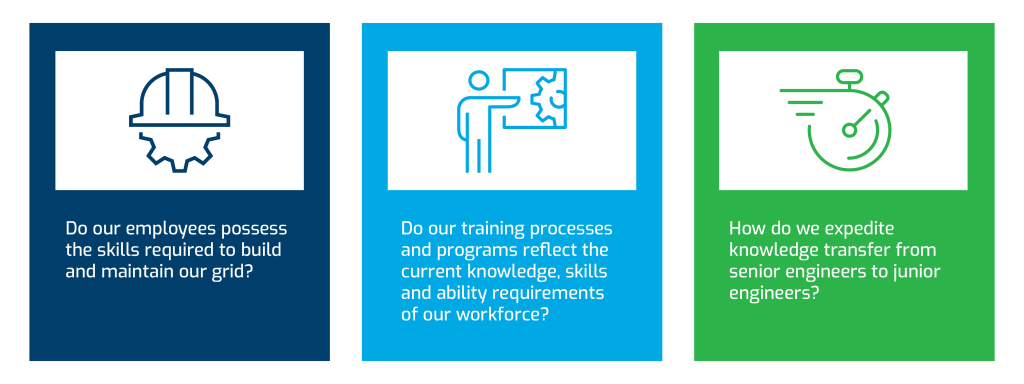Human Performance Aligns with the Values of Power Engineers Entering the Workforce
Often, the focus of workforce preparation is on technology, skill requirements and operating procedures. But taking a critical look at how an organization is contributing to developing a culture founded in the principles of Human Performance is necessary step in today’s market. By adopting a Human Performance culture that emphasizes purpose, engagement, collaboration, autonomy and growth opportunities, power utilities can position themselves as attractive employers for the next generation of power engineers. This, in turn, can help close the industry’s talent gap and ensure a sustainable pipeline of skilled professionals who are eager to contribute their expertise to the power utility engineering workforce.
Transitioning to a Human Performance is vital to attracting a new generation of power engineers for the following reasons.
Collaboration and Innovation: A Human Performance culture fosters collaboration across teams and departments, encourages knowledge sharing and welcomes diverse perspectives. This is attractive to a new generation of engineers who thrive in dynamic, team-oriented environments and are eager to contribute their innovative ideas and technological expertise to drive positive change in the energy sector.
Employee Growth and Development: Young professionals seek opportunities for growth and development in their careers. A Human Performance culture focuses on investing in employees’ professional development, offering mentorship programs, training initiatives and opportunities for advancement.
Purpose and Impact: Generation Z is known for seeking meaningful work that aligns with their values and allows them to make a positive impact on society. A Human Performance culture emphasizes the importance of individual contributions, collaboration, and teamwork in achieving organizational goals.
Engagement and Autonomy: The next generation entering the power workforce wants both independence and active involvement. A Human Performance culture encourages employee engagement by providing autonomy, decision-making authority and opportunities for creative problem-solving.








